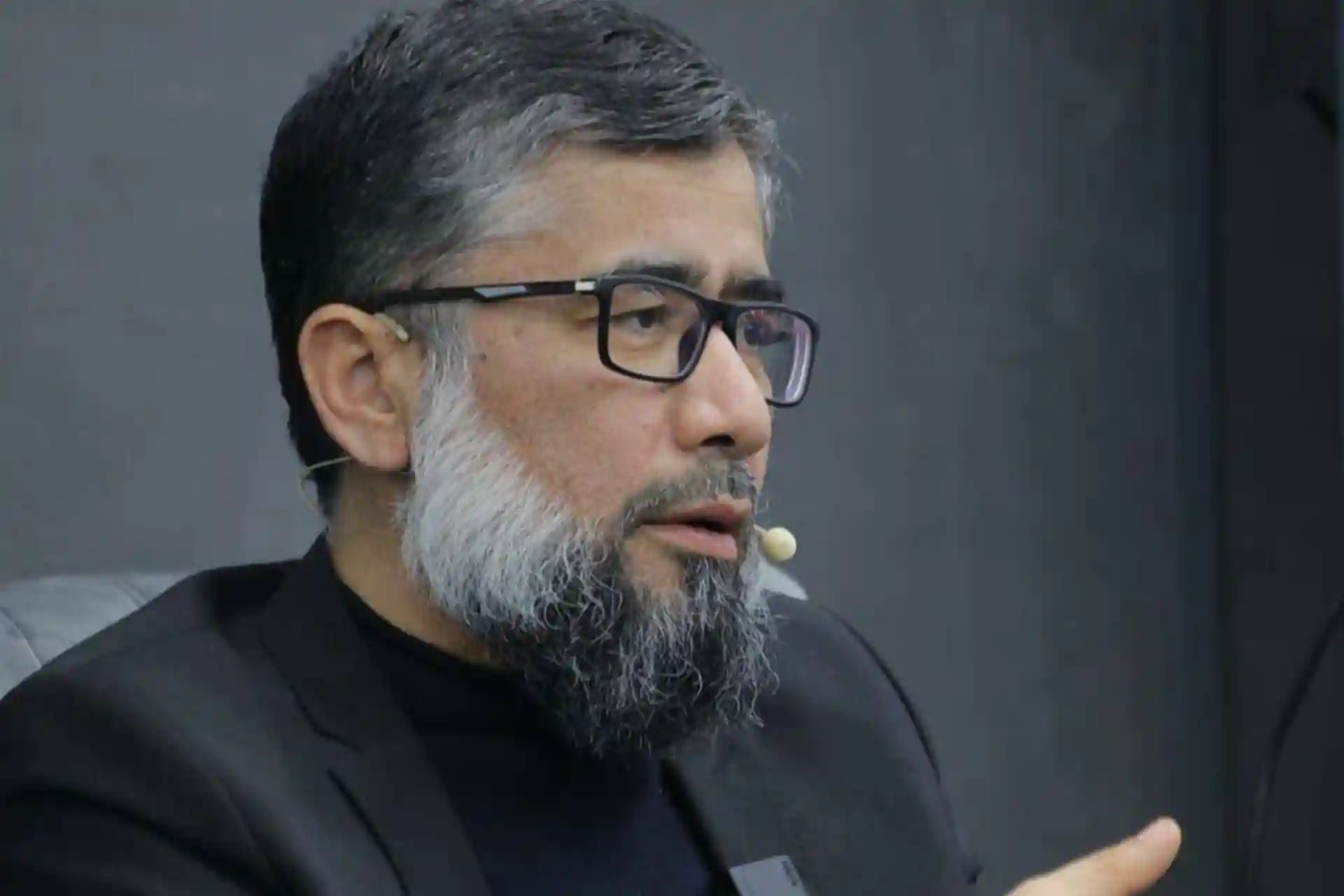01.01.2025 18:30
2222
What would ideal governance look like?
I hope that what I have written will reach those in charge and those responsible. I only hoped that it would be a friendly advice and a call to goodness. My goal was not to expose faults and tarnish reputations, but to promote virtues. May Allah grant us success!
#IDEAL_MANAGEMENT_FUNDAMENTALS #1
We will study this topic based on the ideal principles of governance seen in Islam and the examples of the just caliph - Umar and others.
1. Umar (may Allah be pleased with him) used to wear patched clothes. He followed the path of piety and hardship. There are many narrations about this. He also taught the governors he appointed to the provinces to live in this way.
Some historians have mentioned that when Umar ibn al-Khattab wanted to appoint someone to a position, he would make a contract with them, which stipulated that the official would not ride an expensive horse (nowadays, expensive cars), eat expensive food, wear expensive clothes, close his door to people's needs, and have no bodyguards.
@MubashshirAhmad
#IDEAL_MANAGEMENT_FUNDAMENTALS #2
Umar (may Allah be pleased with him) was known for his strict control over state officials. He had Muhammad ibn Salama al-Ansari as his chief inspector.
After his inspection and investigation, if it was deemed beneficial to the Muslims, even the highest official would be dismissed. In this regard, the following law was introduced: " IT IS BETTER FOR ME TO REMOVAL A GOVERNOR EVERY DAY THAN TO LEAVE ONE TYRANT GOVERNOR IN POSITION."
Umar said: "If I hear that one of my officials has wronged someone and I change him, then I am the wrongdoer."
He controlled the officials so strictly that he ordered that whenever the governor (capital) returned to Medina, he should enter during the day. So that the wealth and belongings in his hands would be visible, so that it would be easy to hold him accountable and hold him accountable!
For this reason, Umar used the Hajj season to study the state of the ruler and his subjects.
They did not ask their officials about the situation. Rather, they asked the people to send their most important people to perform the Hajj and inquired about the affairs of the emirs they had appointed.
They would summon governors and emirs only to present their findings on their affairs. In this, they would confront those responsible with those who had complaints or who had been wronged, and then make a decision.
@MubashshirAhmad
#IDEAL_MANAGEMENT_FUNDAMENTALS #3
How is nepotism viewed in Islam? If we look at the era of happiness, when the foundations of Islam were properly implemented, Umar (may Allah be pleased with him) strongly opposed the approach of relatives to positions of power. Because he did not want his exemplary system of governance to be tarnished in the slightest. Even though some of his relatives were very experienced and trustworthy.
It is narrated that a man proposed to his companions, who were among the great jurists, to appoint Abdullah ibn Umar to a position. Umar said to him, "May Allah destroy you! By Allah, you did not make this proposal for Allah."
In this regard, the following saying of Umar is famous: "Whoever employs someone because of his likes or closeness, and considers him worthy of office solely because of these qualities, has betrayed Allah and His Messenger."
When they were on their deathbeds, they bequeathed that their son Abdullah would be included in the six-member panel tasked with choosing the next caliph. But on one condition: Abdullah would only vote, but would not be elected caliph.
In this era when no amount of indecency is tolerated to keep oneself and one's children at the top of power, many people clearly understand the importance of adhering to such a foundation of governance.
#IDEAL_MANAGEMENT_FUNDAMENTALS #1
We will study this topic based on the ideal principles of governance seen in Islam and the examples of the just caliph - Umar and others.
1. Umar (may Allah be pleased with him) used to wear patched clothes. He followed the path of piety and hardship. There are many narrations about this. He also taught the governors he appointed to the provinces to live in this way.
Some historians have mentioned that when Umar ibn al-Khattab wanted to appoint someone to a position, he would make a contract with them, which stipulated that the official would not ride an expensive horse (nowadays, expensive cars), eat expensive food, wear expensive clothes, close his door to people's needs, and have no bodyguards.
@MubashshirAhmad
#IDEAL_MANAGEMENT_FUNDAMENTALS #2
Umar (may Allah be pleased with him) was known for his strict control over state officials. He had Muhammad ibn Salama al-Ansari as his chief inspector.
After his inspection and investigation, if it was deemed beneficial to the Muslims, even the highest official would be dismissed. In this regard, the following law was introduced: " IT IS BETTER FOR ME TO REMOVAL A GOVERNOR EVERY DAY THAN TO LEAVE ONE TYRANT GOVERNOR IN POSITION."
Umar said: "If I hear that one of my officials has wronged someone and I change him, then I am the wrongdoer."
He controlled the officials so strictly that he ordered that whenever the governor (capital) returned to Medina, he should enter during the day. So that the wealth and belongings in his hands would be visible, so that it would be easy to hold him accountable and hold him accountable!
For this reason, Umar used the Hajj season to study the state of the ruler and his subjects.
They did not ask their officials about the situation. Rather, they asked the people to send their most important people to perform the Hajj and inquired about the affairs of the emirs they had appointed.
They would summon governors and emirs only to present their findings on their affairs. In this, they would confront those responsible with those who had complaints or who had been wronged, and then make a decision.
@MubashshirAhmad
#IDEAL_MANAGEMENT_FUNDAMENTALS #3
How is nepotism viewed in Islam? If we look at the era of happiness, when the foundations of Islam were properly implemented, Umar (may Allah be pleased with him) strongly opposed the approach of relatives to positions of power. Because he did not want his exemplary system of governance to be tarnished in the slightest. Even though some of his relatives were very experienced and trustworthy.
It is narrated that a man proposed to his companions, who were among the great jurists, to appoint Abdullah ibn Umar to a position. Umar said to him, "May Allah destroy you! By Allah, you did not make this proposal for Allah."
In this regard, the following saying of Umar is famous: "Whoever employs someone because of his likes or closeness, and considers him worthy of office solely because of these qualities, has betrayed Allah and His Messenger."
When they were on their deathbeds, they bequeathed that their son Abdullah would be included in the six-member panel tasked with choosing the next caliph. But on one condition: Abdullah would only vote, but would not be elected caliph.
In this era when no amount of indecency is tolerated to keep oneself and one's children at the top of power, many people clearly understand the importance of adhering to such a foundation of governance.
To be continued



